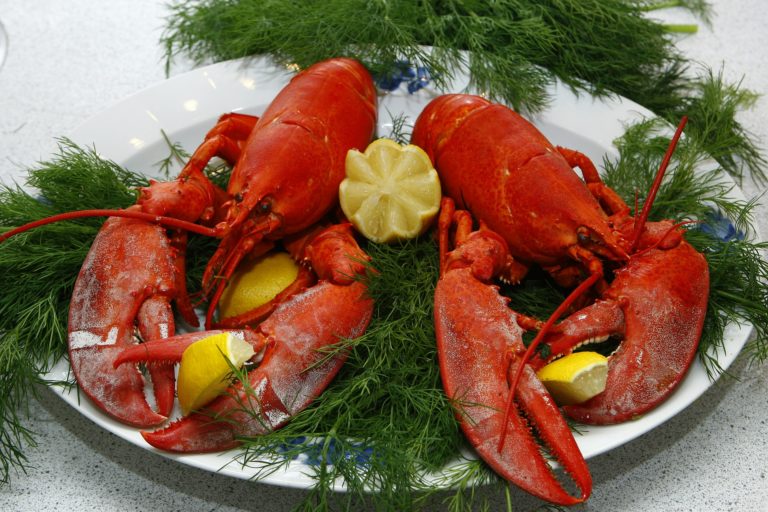
There’s probably little you could do to convince lovers of lobster that what they’re eating isn’t actually a delicacy worth spending $20-$30 on at a restaurant. Because of its current status as a tender, succulent crustacean meat served on some of the most expensive columns of certain menus, people think it’s worthy.
And don’t get me wrong, lobster is great. I love a dish of buttery, melt-in-your-mouth lobster paired with something else savory. I myself was certainly fooled into believing the myth of its value growing up. But, unfortunately, like many things on the consumer market, we’re often mistaken of the true value of what we buy and consume.
Lobster’s History
It may shock many people to know that lobster is actually an easily attainable creature for serving as food. In fact, it’s so easily attainable that at one point, it was commonly gathered and served as food for prison inmates. Because many crustaceans are essentially bottom feeders, lobsters were seen as an adequate food choice pairing for breakers of the law. They were considered the lowest of the low in the bottom of the ocean. And thus, I assume they seemed less valuable.

I first learned about the lobster’s history several years back when I read David Foster Wallace’s essay “Consider the Lobster”, which is a feature article about the Maine Lobster Festival from Gourmet Magazine. When this article came out, it was supposed to be a descriptive article on the festival that would show readers what the events entailed. What resulted, however was more of an expose on the truth of how lobster isn’t actually very special, based on its history. It was also a look into the ethical or possibly unethical nature of cooking lobster while it’s still alive.
But what I am curious about is how the lobster came to be seen as food for poor men, slaves, and prisoners in colonial times. Apparently, they were even used as fish bait by Native Americans in the 18th century. And despite being relatively healthy to eat, they were seen as a surplus food that shouldn’t be given much value on the market.
Thus, it seems near crazy now to think that lobster is a delicacy people often think of ordering if they only had the money available. My understanding is that people eventually realized that when given careful preparation, these creatures taste delicious. Perhaps someone had the idea of marketing them under the façade of a greater value. Maybe someone really business savvy had a hunch they would do well if catered to the rich and elite. Economies work in weird ways like that, and if people believe that they deserve something valuable, they tend to buy things that they’re told are valuable.
So, did you imagine that the lobster you’ve eaten was once so abundant in New England that it washed up on shores in piles? I think that, if we really took the time to think about it, we might be surprised by how many foods we pay more than we should for. Cattle are mass-farmed and beefed up with gross things like steroids, yet we can still go to a chain restaurant and pay nearly $20 for a large steak. Coffee beans are farmed in mass, yet we can go to a coffee shop and pay nearly $5 for an espresso drink. The list goes on and on.
It’s not likely that this kind of market ebb and flow will change just because of consumers’ awareness of it. but unfortunately, that’s how a capitalist market works. I still stand with my opinion that lobster is delicious. So, who knows? Maybe it is worth it.